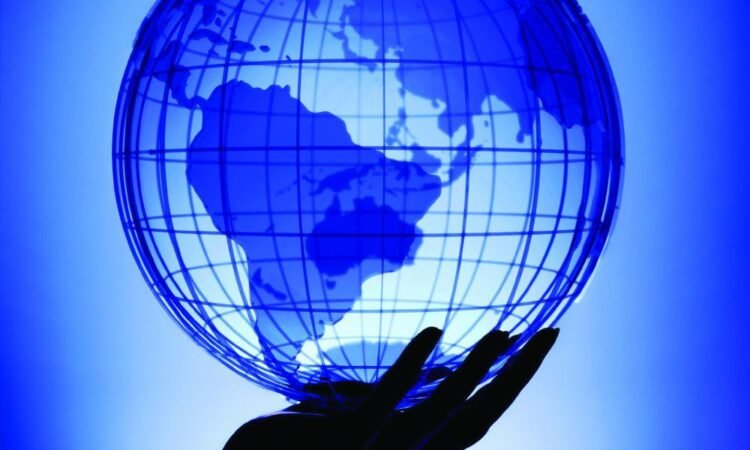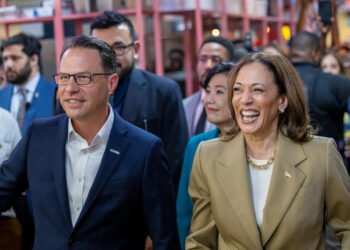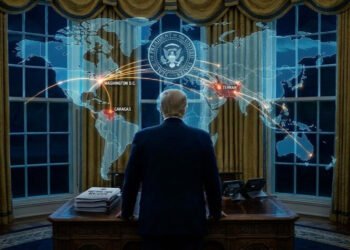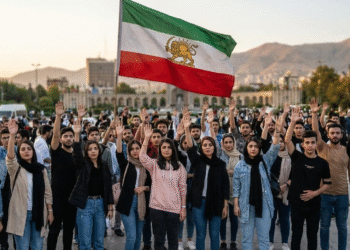Editor-in-Chief: SHAPOUR-T
As we step into a new decade, the role of ultra-wealthy individuals is becoming more decisive than ever—not only in the global economy but also in politics, technology, the environment, and even public culture. A phenomenon that some describe as a “new global oligarchy” now appears to be laying the foundations of a world order in which governments, international institutions, and even nations are being pushed to the margins.
1. From State Power to Capital Power
Where states once held the reins of policymaking, today multinational corporations, giant investment funds, and individuals like Elon Musk, Jeff Bezos, Bill Gates, and Larry Fink wield influence that often exceeds that of entire governments. Platforms such as the World Economic Forum (WEF) and meetings like the Bilderberg Conference have effectively become the think tanks of the emerging global order.
2. Technology: A Tool for Control or Liberation?
Big Tech companies now possess unprecedented access to the personal data of billions, granting them intelligence power on par with nation-states. Policies around artificial intelligence, cyberspace, digital currencies, and biotechnology are increasingly being shaped in corporate boardrooms rather than parliaments or democratic institutions.
3. The Ownership Shift: From States to Digital Assets
With the rise of the metaverse, blockchain, and digital ownership (NFTs, virtual land, tokens), a new global elite is emerging whose wealth resides not in banks, but in encrypted digital wallets. This transformation challenges the traditional boundaries of economies, tax systems, and regulatory frameworks—facilitating the evasion of nation-state laws.
4. A Future Without a Middle Class?
Policies such as the over-privatization of public services, tax cuts for the wealthy, and the weakening of labor unions have accelerated the erosion of the middle class. If these trends continue, the widening gap between the global wealthy elite and the impoverished majority could spark major social unrest, mass migration, and urban revolts.
5. Climate Crisis: Geopolitical Weapon or Genuine Concern?
Although climate change is a real and urgent threat, some wealthy actors are turning the environmental crisis into a business opportunity and a tool of power. The monopolization of water resources, investment in synthetic food production, and acquisition of agricultural land are paving the way for future dominance over vital resources.
Conclusion: Who Owns the Future?
If the current trajectory remains unchecked, the future may resemble a form of technocratic feudalism—a world in which the wealthy elite not only own the resources, but also write the rules, define justice, and even shape the meaning of truth itself. The only way to counter this trend is through public awakening, the redefinition of democracy, and the reclamation of policymaking tools from the grip of economic elites.

 English
English



























































